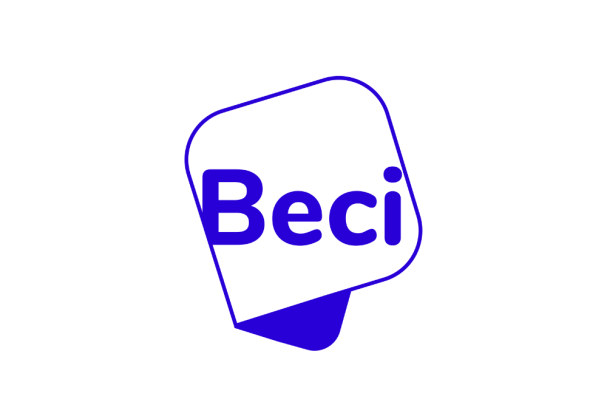Do you have a website and do you want to increase its visibility on the Internet? Read about the main criteria required to boost the referencing of your website on the Internet.
How does it work?
The term SEO (Search Engine Optimisation) encompasses the techniques used to improve a website’s position in search engine results. For every search on Google (as well as on Yahoo, Bing and others), an algorithm scans the entire Internet then displays the results in the order it finds most relevant to provide the user with the best possible answer. A site is well referenced when it appears in the first positions for the search made (the first 10 results on the list account for over three-quarters of Internet user clicks).
The main criteria
This natural referencing is based on hundreds of criteria, some of which are unknown. Generally speaking, Google favours websites which provide the best experience to their users. This means that appearance, quality of content and user experience must be taken into account when designing your website. To make sure the odds are in your favour, here is a non-exhaustive list of the main criteria of the Google algorithm:
1. Security
It’s essential to provide a secure website, that is, with a valid SSL security certificate. Your website will have both an HTTPS and a non-HTTP address.
2. Adaptable graphical user interface
Today, most searches are done on a smartphone. This means that it’s essential to have a “responsive” website, i.e., a website that is suited to different devices and screen sizes. You can easily check this data by connecting your website to Mobile Friendly Test.
3. Page loading speed
There are several tools available to calculate the average loading speed of your pages, both on the desktop and on mobile devices, such as Page Speed Insights. These tools provide precious recommendations to improve performance. In order to increase the average, you can decrease the weight of your images and videos.
4. Number of pages
One-page websites are not assessed by the algorithm. Don’t join the landing page trend. The more pages, the better…on condition that each page has been worked on for referencing!
Some pages are essential even though they don’t provide relevant information for search engines. In this case, there are techniques available to deindex them without removing them.
Lastly, for the best user experience, it’s best to limit the number of tabs in your navigation menu to six maximum. Then create sub-pages linked to the main menu. Example with our navigation menu:
5. Links
Search engines prefer websites that have links from other websites. This is known as “popularity”. Try to get as many links as possible pointing to your website, for example from your partners, bloggers or the media.
6. Social networks
It’s all good! Be sure to link them to your website. These are easy-to-acquire links to the outside.
7. Languages
The algorithm has a preference for websites available in several languages. There will be even more results because they can be displayed in the language requested. Multilingual countries are good for some things!
8. Content
Your website’s content is obviously of primary importance at several levels:
A) Keywords
It’s up to you to identify the words or sequences of words (known as “long tail” keywords) most often searched for in your business sector, your offers and markets and in each language available on your website. Next, each page must be developed around a well-defined keyword. Keep the keywords related to your business in a file by language and update your website’s content. There are free tools available to store keywords, such as Google Trends or Ubersuggest.
Put them under the “Title” tag in the page headings (H1) and in subheadings, body text and buttons, the URLs of your pages, the navigation menu and the alternative text of all of your images (by renaming the images and in the Alt tag inside a short sentence). When changes are made, the final URL result in the search engines and social networks can be checked with this Metatags.io tool.
B) Dynamic content
The algorithm likes to see new content on a regular basis, but don’t neglect quality. You can opt for a blog page and post articles on a regular basis (aim for minimum 400 to 500 words)
These criteria change constantly with new practices like geolocation, voice searches and “lives” which must be monitored at all times.
Evaluate the SEO level of your site
You can analyse your website's SEO performance with free online tools, such as SEO Site Checkup. You’ll get an overall score and a detailed report with recommendations for improvements and precious advice to put them into practice. Then scan your website again with the tool to see the difference.
Want to see all of these tips in a video?
This way!
Who can help me ?





